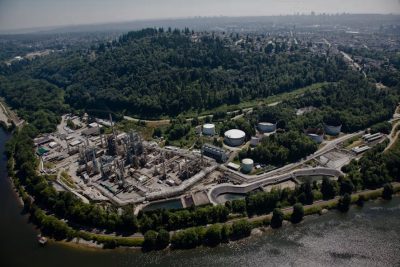
- Parkland Corporation, an Alberta-based multi-national company with a refinery in Burnaby, British Columbia, announced last week that it has successfully produced Canada’s first batch of “low-carbon aviation fuel (LCAF)”. Air Canada was the buyer of the 101,000-litre (26,680 U.S. gallons) batch, a pilot project. Core feedstock used included non-food-grade canola and tallow. The fuel can qualify as Sustainable Aviation Fuel (SAF) once the entire supply chain is certified. “Thanks to the vision and skill of our team, the leadership of the Government of British Columbia and Air Canada, Canadians can see the possibility of flying with Canadian-made low carbon fuel,” said Ferio Pugliese, Parkland’s senior vice-president.

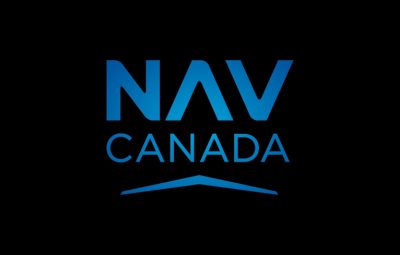
The national presidents of the Air Line Pilots Association (ALPA) of Canada and the Canadian Air Traffic Control Association (CATCA) have jointly published a white paper outlining their vision of how industry and their members should collaborate on aligning their goals and improving safety of the aviation industry. Click here to read the document.
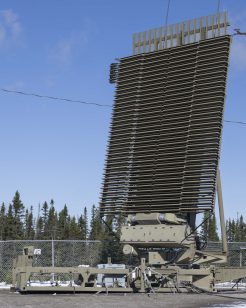
- The RCAF has taken delivery of a new, state-of-the-art mobile radar platform at CFB Bagotville in Quebec. The TPS-77 Tactical Control Radar system was delivered to the base’s 12 Radar Squadron. The system is designed to improve detection and tracking of aircraft even in adverse weather conditions and at high altitudes and high speeds. According to the squadron’s commanding officer Major Sébastion Gagnon, “It will not only improve our operational efficiency, but also ensure the safety and surveillance of our airspace with unmatched precision.”
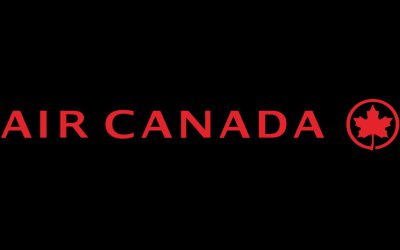
- The government of Canada has sold its 6-percent stake in Air Canada over the last week or two. The shares were purchased from Air Canada as part of the rescue package the feds put together to bail out the national carrier in April, 2021 when the Covid pandemic decimated air travel. The federal treasury netted a $25,760,000 profit from the deal.
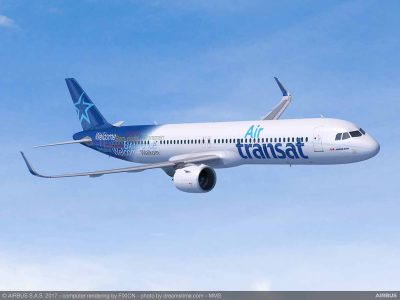
- After Air Transat announced improved financial results for its fourth quarter on Dec. 12, its pilot union, ALPA-International, is hoping for an improved agreement in the new year. “We are pleased to see that earnings have improved this quarter, which will go a long way toward ensuring the airline’s viability in the short and long term,” said Air Transat Capt. Bradley Small, the chairman of the union local’s executive council.
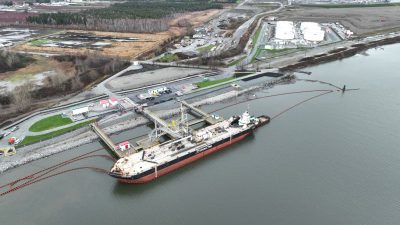
- In other labour news, workers employed by SGS Canada, responsible for transporting jet fuel to Vancouver International Airport, have issued a strike notice through their union, the International Longshore and Warehouse Union (ILWU) Local 502. “The biggest challenge that we have right now is getting the employer back to the table,” said ILWU Canada president Rob Ashton. “The employer chooses not to come to finalize the negotiations with this newly organized longshore workforce.” The 11 transport workers transfer the fuel from nearby docked sea vessels to the airport grounds
